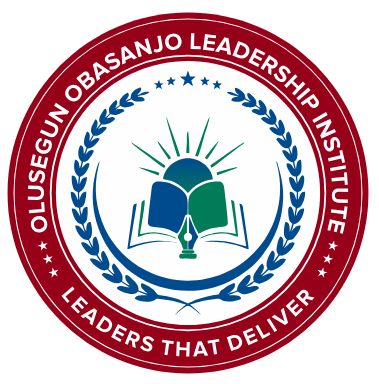Background and Justification
- Home
- Background and Justification
Africa’s paradox of immense resource wealth paired with poor development outcomes is evident across various sectors. From the family level to national political leadership platforms, the challenges remain deeply entrenched. At the core of these challenges lies the notion that “getting leadership right” is the key to unlocking Africa’s development potential.
The continent’s slow development pace is concerning, exacerbated by ongoing crises such as civil wars in Ethiopia, the eastern Democratic Republic of Congo (DRC), and Sudan, alongside instability in the Sahel region. Political instability has also led to military coups in countries like Mali, Burkina Faso, and Guinea, undermining the stability of institutions and hampering national progress.
Africa is also grappling with severe insecurity, notably in the Lake Chad Basin, where countries such as Cameroon, Chad, Niger, and Nigeria continue to battle jihadist threats, banditry, and internal conflicts. South Sudan’s ethno-political tensions further compound these challenges. Additionally, the continent has become a significant host for internally displaced persons (IDPs), with over 11 million IDPs as of March 2023. These issues highlight the critical need for improved leadership across all sectors.
In the past few years, Africa has witnessed an alarming rise in political instability, including seven successful coups between 2020 and 2021. This political turbulence has derailed democratic gains, preventing development and hindering Africa’s progress.
One of the most pressing sectors affected by poor leadership is education. Africa has the highest number of out-of-school children in the world, with UNESCO reporting that nearly 98 million children are out of school in sub-Saharan Africa, a staggering 40% of the global total. Worse still, many children in school are not learning, with over 60% unable to read and comprehend basic texts by age ten. The continent’s education system struggles with inadequate literacy, numeracy, and skills training, further limiting the potential of Africa’s youth.
Africa also faces profound challenges in food security, with the number of hungry individuals rising to 278 million by 2021. The region’s hunger rate is the highest globally, with nearly 58% of the population experiencing food insecurity. The situation is expected to worsen, with predictions indicating that Africa will bear the highest burden of malnutrition by 2030. These alarming statistics point to a leadership deficit that must be addressed for sustainable change.
In terms of economic security, Africa’s economies are struggling, burdened by high unemployment rates, escalating debt, and disruptions caused by global crises such as the Russia-Ukraine war. Despite its wealth of natural resources, Africa’s economic growth has stagnated, with real GDP growth dropping from 4.8% in 2021 to 3.8% in 2022. The quality of leadership in both the public and private sectors remains a significant barrier to overcoming these economic challenges.
To catalyze Africa’s development, the continent needs visionary leaders who can shape a better future by addressing political, social, and economic challenges.
The Olusegun Obasanjo Leadership Institute (OOLI) is dedicated to fostering the next generation of African leaders who understand the complexities of local, regional, and global challenges. By equipping them with the necessary skills, knowledge, and mindset, OOLI aims to drive Africa’s development forward, in alignment with key regional goals such as Agenda 2063, ECOWAS Vision 2050, and the 2030 Sustainable Development Goals.
Through the Institute’s comprehensive leadership training programs, young leaders, particularly from the youth and women populations, will be empowered to lead initiatives that foster economic growth, strengthen democratic governance, and enhance peace and security across Africa. By getting leadership right, we can change Africa’s trajectory for the better.
At OOLI, we believe that leadership transformation is essential for meaningful change. Our programs are designed to instill positive behavior change in current and future leaders, through both formal and informal education, training, and information sharing. We offer a unique opportunity for participants to develop the leadership qualities necessary to contribute to Africa’s growth and prosperity.
.

